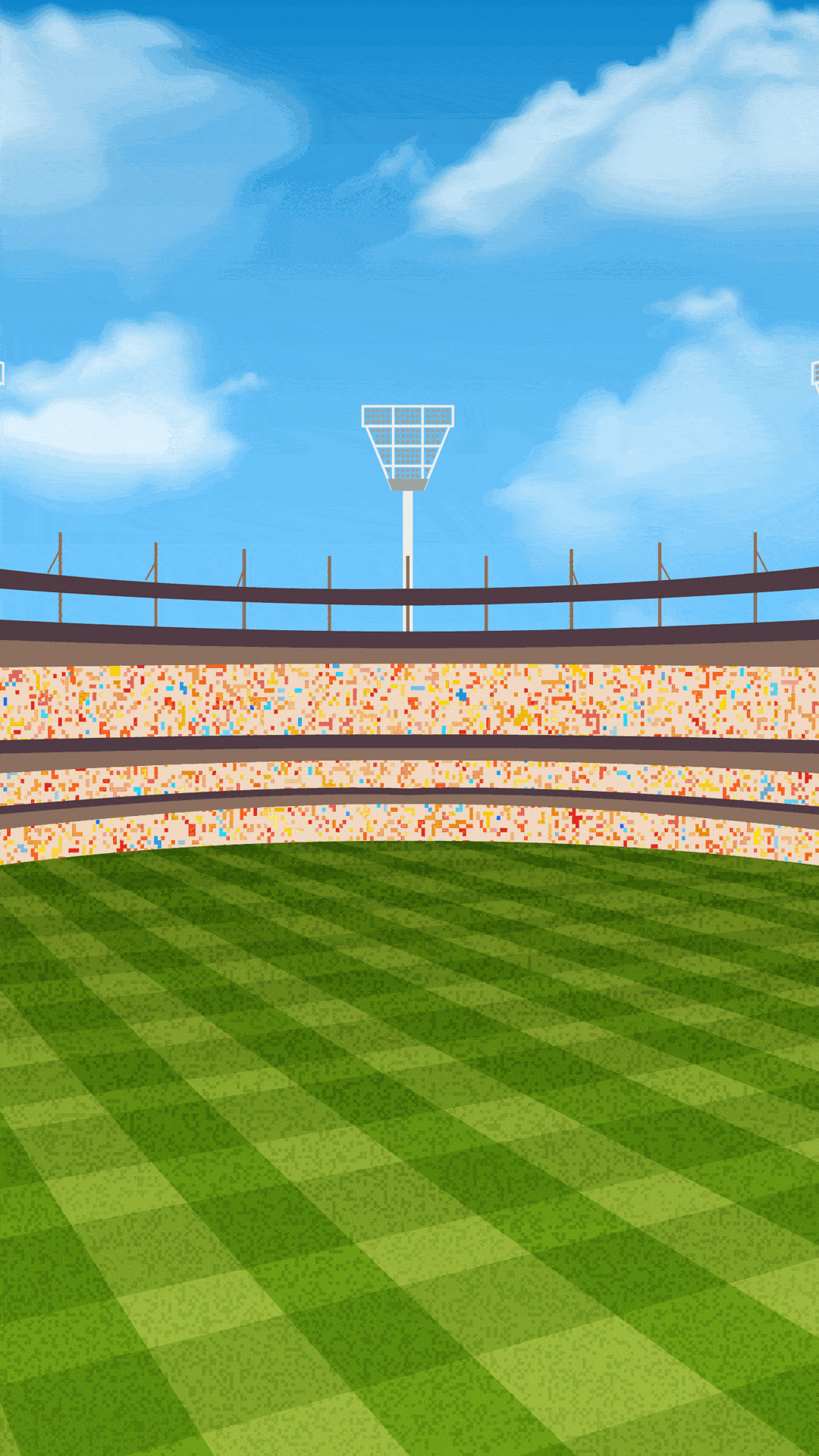The Premier League is back — and it’s not just the teams and transfers making headlines. This season kicks off with a fresh set of regulations aimed at speeding up play, improving on-field discipline, and giving fans a closer look behind the scenes.
One of the most talked-about adjustments is the introduction of an eight-second limit on how long goalkeepers can hold the ball. The rule is simple in writing but will be fascinating to watch in practice: keepers will get a visible five-second countdown from the referee, and if they still have the ball in hand after eight seconds, the opposition gets a corner kick.
This is a notable shift from the old six-second limit, which was rarely enforced and carried the lesser punishment of an indirect free-kick. The Premier League hopes the new approach will speed up the game, especially in matches where time-wasting has become part of the tactical playbook. Critics, like West Ham’s vice-chairman Karren Brady, argue the change may not have the intended effect — especially since the maximum possession time has technically increased. Still, the bigger penalty of conceding a corner could force goalkeepers to release the ball faster.
Another in-game change comes in the form of communication rules with referees. Now, only the team’s captain can approach the match official to discuss decisions. If a goalkeeper wears the armband, an outfield player will be designated for the role. Anyone else attempting to challenge the referee risks picking up a yellow card. This clampdown is designed to reduce crowding around officials and keep emotions in check during heated moments.
Penalties have also received a small but potentially game-changing update. If a player accidentally touches the ball twice while taking a spot-kick — for example, slipping and making contact with both feet — play will no longer automatically stop in favour of the defending team. The kick will instead be retaken, removing a quirk of the old rules that often punished the taker for an honest mistake.
It’s not just the pitch where changes are taking place — the Premier League is also opening the door to more behind-the-scenes coverage. Broadcasters like Sky Sports and TNT Sports will now have the chance to place cameras in the home dressing room, offering supporters a glimpse of the atmosphere before and after matches.
That said, access won’t be unlimited. Clubs can refuse dressing room filming if they’re losing, but they must then grant it at another game later in the season. This privilege can only be used twice per club across the campaign, and the home team will decide if any audio is recorded. Broadcasters need to give five days’ notice for these requests, with clubs responding no later than 72 hours before kick-off.
Player interviews are also getting a shake-up. Substituted players and even managers can now be approached for in-match interviews, provided it’s after the 85th minute and limited to two questions. In rare cases, interviews may take place at half-time — but only with club approval and a pre-submitted shortlist of potential interviewees. The emphasis will be on keeping these mid-game chats “positive” to avoid sparking unnecessary controversy before the final whistle.

























